Rent or Buy? A Guide for American Retirees
For American seniors considering retirement abroad, housing decisions are fundamental to both quality of life and financial sustainability. In fact, whether you’re living on Social Security alone or have additional retirement funds, affordable housing abroad options will significantly impact your monthly budget and overall retirement experience.
The good news? In many affordable retirement destinations, your housing dollar stretches remarkably further than in the United States. On top of that, a modest home sale in America can potentially fund a more spacious, better-located property abroad, while those preferring to rent can often find quality accommodations at a fraction of U.S. prices.
This guide will walk you through the key considerations for both renting and buying abroad, with special focus on the needs of retirees living primarily on Social Security benefits.
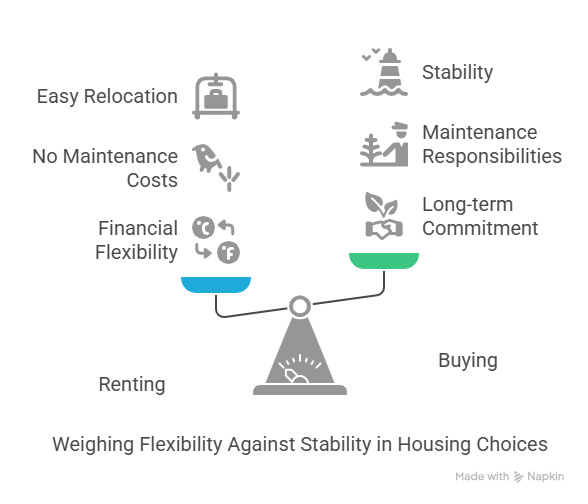
The Rent vs. Buy Decision: Key Considerations
When Renting Makes Sense
Financial Flexibility
- Preserves capital for other needs or investments
- Avoids property maintenance costs and property taxes
- Easier to adjust housing costs if financial circumstances change
- No exposure to potential property market downturns
Mobility and Exploration
- Freedom to relocate easily if you don’t like the area
- Ability to “test drive” different neighborhoods or countries
- No property to sell if health needs require returning to the U.S.
- Opportunity to downsize or upgrade as needs change
Simplicity
- No complex foreign property laws to navigate
- Fewer legal documents and processes
- No inheritance complications for heirs
- Often furnished options available, simplifying the move
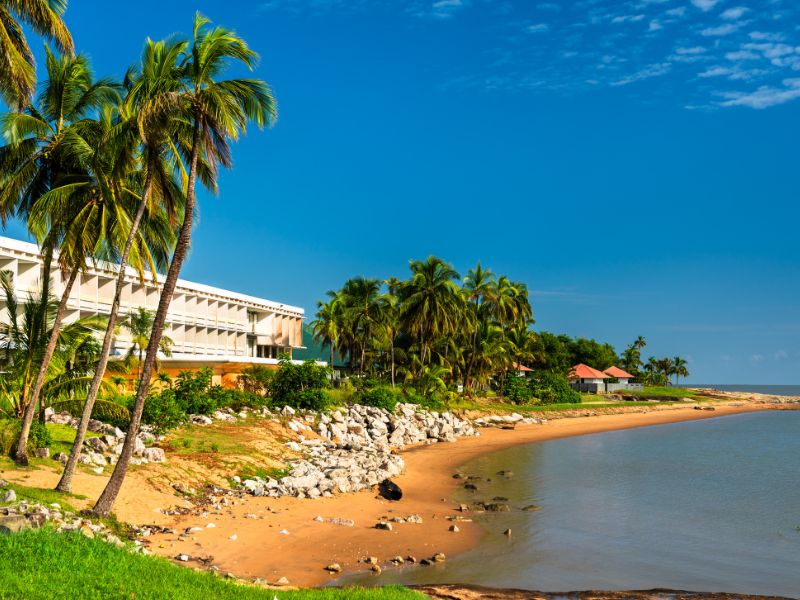
Affordable Housing Abroad: When Buying Makes Sense
Long-Term Financial Benefits
- Protection against rental inflation
- Potential for property appreciation
- Possible rental income from part-time use
- Leveraging equity from U.S. home sale
Stability and Personalization
- Freedom to modify and personalize your living space
- No landlord restrictions or unexpected terminations
- Sense of permanence and community integration
- Ability to age-in-place with custom modifications
Visa Advantages
- Property ownership can help qualify for residency in some countries
- Investment visas often have lower income requirements
- More permanent status in the community
- Potential path to long-term residency
Renting Abroad: A Practical Guide
Typical Rental Costs in Popular Destinations
Mexico
- One-bedroom apartment in expat areas: $400-700/month
- Two-bedroom apartment or house: $600-1,000/month
- Luxury options: $1,000-1,500/month
Panama
- 1 BR apartment in Panama City: $700-1,000/month
- One-bedroom in smaller cities/towns: $400-700/month
- 2 BR house in expat areas: $800-1,200/month
Portugal
- One-bedroom apartment in Lisbon/Porto: €700-1,000/month
- 1 BR in smaller cities/Algarve: €500-800/month
- Two-bedroom apartment outside major cities: €600-900/month
Thailand
- One-bedroom modern apartment in Chiang Mai: $300-500/month
- Two-bedroom house or condo: $500-800/month
- Luxury options: $800-1,200/month
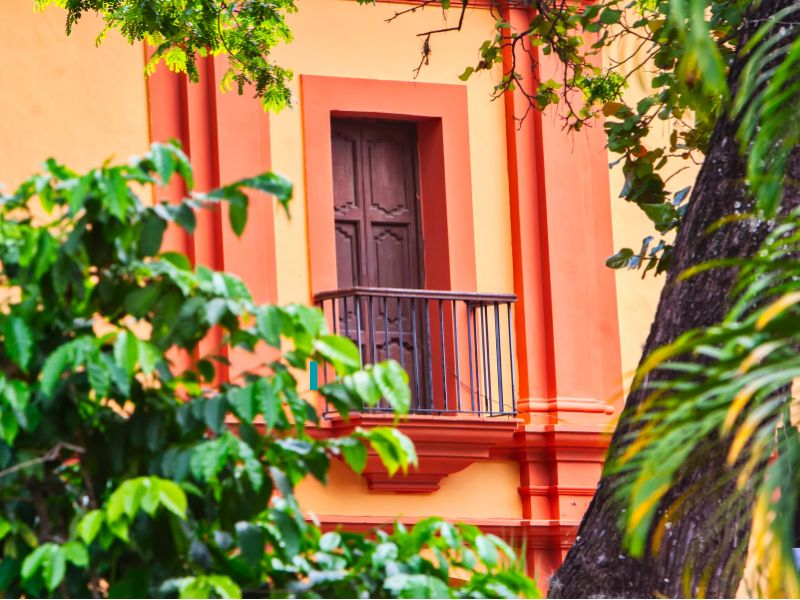
Finding Rental Properties
Online Resources
- International sites: Airbnb (for initial stays), Idealista (Europe), Vivanuncios (Latin America)
- Facebook groups for specific expatriate communities
- Local real estate websites in your target country
Local Approaches (Often Better Deals)
- Working with local rental agents once in the country
- Walking neighborhoods and looking for “For Rent” signs
- Networking with other expatriates
- Local newspapers and bulletin boards
Rental Agreements and Protections
Standard Lease Terms
- Typical leases range from 6-12 months
- Security deposits usually equal 1-2 months’ rent
- Utilities may or may not be included (always clarify)
- Furnished vs. unfurnished options (significant price difference)
Protecting Yourself
- Get all agreements in writing, preferably in both English and the local language
- Take photos of the property condition before moving in
- Clarify responsibilities for repairs and maintenance
- Understand local tenant rights and protections
Budgeting for Rental Expenses
Beyond the Base Rent
- Utilities (often higher in tropical climates due to air conditioning)
- Internet and cable services
- Building or complex fees
- Renter’s insurance
- Possible property manager fees
Social Security Budgeting For those living primarily on Social Security (average monthly benefit ~$1,975):
- Aim to keep housing costs under 30-40% of monthly income
- Factor in all housing-related expenses, not just base rent
- Consider locations where utilities are less expensive
- Look for rentals that include some utilities in the base price
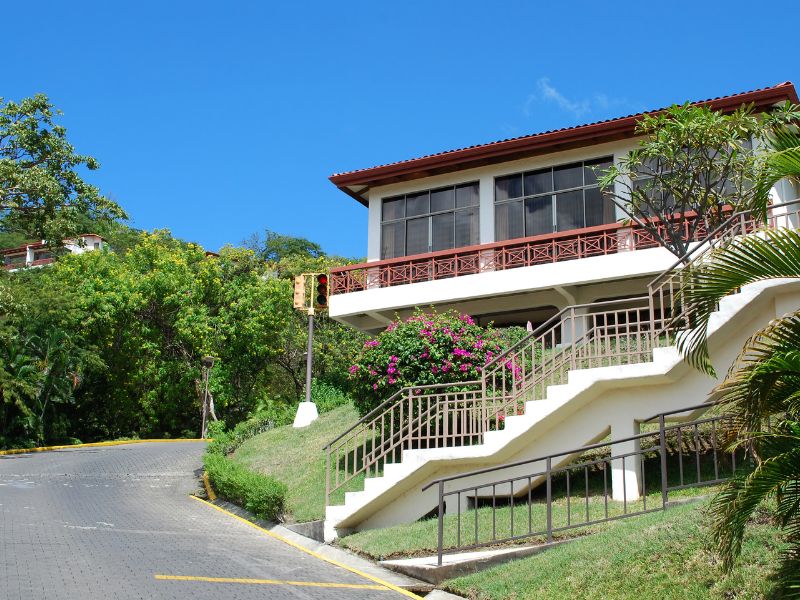
Buying Property Abroad: Process and Considerations
Property Ownership Rights by Country
Full Foreign Ownership Permitted Examples
- Panama
- Portugal
- Costa Rica
- Colombia
- Ecuador
Restricted Ownership Areas Examples
- Mexico (restricted zones near borders and coasts require fideicomiso trust)
- Thailand (foreigners cannot own land but can own condos)
- Philippines (limited to condos with foreign ownership quotas)
- Malaysia (minimum purchase prices for foreigners)
The Purchase Process
Research Phase
- Research property laws and restrictions for foreigners
- Understand tax implications both locally and for U.S. reporting
- Identify target neighborhoods and property types
- Establish a realistic budget including all fees and taxes
Property Search
- Work with reputable real estate agents familiar with expatriate buyers
- Visit multiple properties and neighborhoods
- Research local property values to ensure fair pricing
- Consider future resale potential
Due Diligence
- Hire a local attorney who is not connected to the seller or agent
- Conduct thorough title searches
- Verify all property boundaries and easements
- Check for liens or encumbrances
- Understand all homeowner association or building rules
Financing Considerations
- Most expatriates purchase with cash from U.S. home sales
- Local financing is difficult for foreigners in most countries
- Some developers offer direct financing options
- Consider currency exchange timing to maximize purchasing power
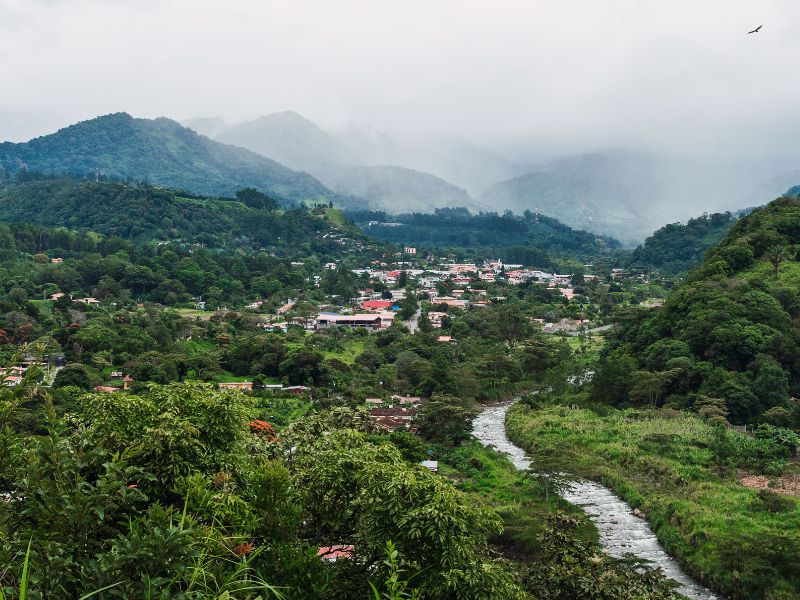
Property Costs Beyond Purchase Price
One-Time Costs
- Transfer taxes (1-4% of purchase price in most countries)
- Notary fees
- Legal fees
- Property registration
- Real estate agent commission (usually paid by seller)
Ongoing Expenses
- Property taxes (often much lower than U.S.)
- Homeowner association or building fees
- Maintenance and repairs
- Property management if not living there year-round
- Utilities and services
Leveraging U.S. Home Equity
Many retirees sell modest U.S. homes and use the proceeds to:
- Purchase a comparable or better property abroad outright
- Buy a smaller property abroad and invest the difference
- Purchase a property abroad plus maintain a rental in the U.S. for visits
- Fund renovations to make the new home suitable for aging in place
Example: $250,000 from U.S. Home Sale
- Portugal’s Silver Coast: 3-bedroom villa with ocean views
- Panama’s Chiriquí Highlands: Modern 2-bedroom home with land
- Mexico’s Lake Chapala: Spacious 3-bedroom with courtyard and views
- Thailand’s Chiang Mai: Luxury condo with resort amenities
Special Housing Considerations for Retirees
Accessibility and Aging in Place
Key Features to Consider
- Single-level living or properties with elevators
- Wider doorways and halls for potential mobility devices
- Walk-in showers with grab bars
- Proximity to medical facilities
- Walkable neighborhoods with essential services
Renovation Potential
- Assess how easily a property can be modified for future needs
- Consider local construction costs for accessibility renovations
- Verify if rental properties allow necessary modifications
Community and Social Factors
Expatriate Community Presence
- Some areas have established expatriate communities with support networks
- Consider proximity to social activities and community centers
- Evaluate language barriers in the immediate neighborhood
- Research availability of English-speaking service providers
Integration with Local Culture
- Properties in primarily local neighborhoods often cost less
- Consider your comfort level with cultural and language immersion
- Balance between expatriate community and authentic local experience
- Proximity to cultural activities that interest you
Climate Considerations
Weather Impact on Housing
- Tropical climates may require air conditioning (significant utility expense)
- Mountain locations might need heating systems
- Coastal properties face salt air maintenance challenges
- Rainy regions require good drainage and mold prevention
Seasonal Planning
- Some expatriates choose different locations for different seasons
- Consider short-term rental options for seasonal migration
- Evaluate property management needs if leaving a property vacant
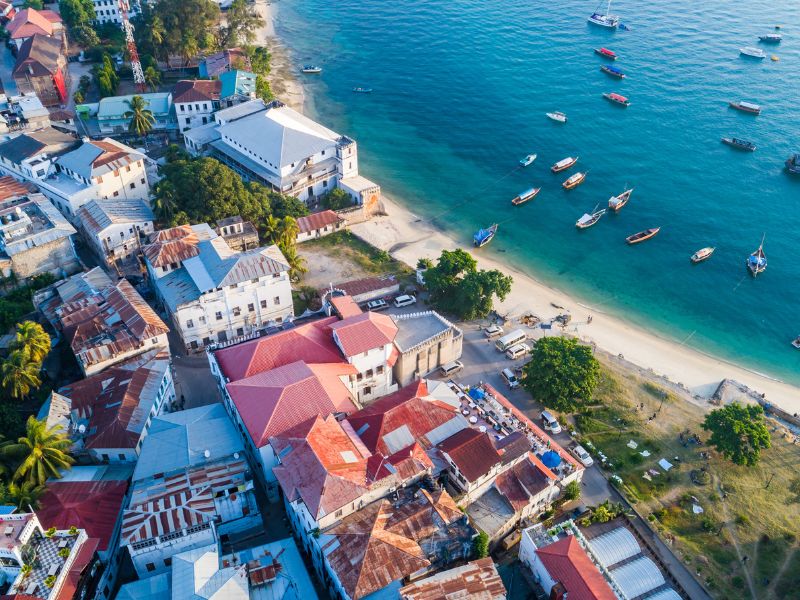
Practical Tips for Affordable Housing Abroad Success
Special Housing Considerations for Retirees
For Renters
- Start with a short-term rental (1-3 months) before committing long-term
- Negotiate lease terms – many markets are flexible, especially for longer commitments
- Build relationships with local property managers who can alert you to new listings
- Consider timing – rental prices often drop during off-seasons in tourist areas
- Look beyond expatriate areas for better pricing (if comfortable with more cultural immersion)
For Buyers
- Never buy on your first visit to a country – rent first and learn the market
- Understand all exit strategies before purchasing
- Consider future resale market – who would buy your property if you needed to sell?
- Research property management options if you’ll be away for extended periods
- Verify all utility and service reliability in the area before committing
For Social Security-Dependent Retirees
- Prioritize low ongoing costs over luxury features
- Consider locations with stable utility costs (temperate climates with lower heating/cooling needs)
- Look for properties within walking distance of necessities to reduce transportation costs
- Verify healthcare facility proximity to avoid costly relocations later
- Build housing emergency funds for unexpected repairs or moves

Housing Abroad Additional Resources
Official Government Sources
- U.S. Department of State – Country Information – Property ownership information by country
- IRS Publication 523 – Selling Your Home (tax implications)
Helpful Tools
- Numbeo Cost of Living Comparison – Compare housing costs between cities worldwide
- International Living Real Estate Resources – Country-specific property information
Related Articles on Affordable Retirement Abroad
- Yes, You CAN Afford to Retire Abroad – Our overview of affordable retirement options overseas
- Social Security Abroad: A Complete Guide for American Retirees – Understanding your benefits while living overseas
- Healthcare Abroad: What American Seniors Need to Know – Navigating healthcare options in retirement destinations
Conclusion
Whether you choose to rent or buy abroad, housing costs represent one of the most significant opportunities for American seniors to stretch their retirement dollars. In fact, in many desirable international destinations, quality housing is available at 30-70% less than comparable U.S. properties, allowing even those living primarily on Social Security benefits to enjoy comfortable, secure homes in beautiful locations.
The key to success lies in thorough research, realistic budgeting, and a clear understanding of both the benefits and challenges of each housing option. Moreover, by approaching your housing decision methodically and with an open mind, you can find the perfect balance between affordability and lifestyle that makes your overseas retirement dreams a reality.
Have questions about specific housing markets or need personalized guidance on your situation? Contact us for customized advice on finding your ideal retirement home abroad.
Join Our Community Today
Get expert insights and exclusive tools to plan your affordable overseas retirement. Subscribe for our free newsletter. Just enter your email below:







